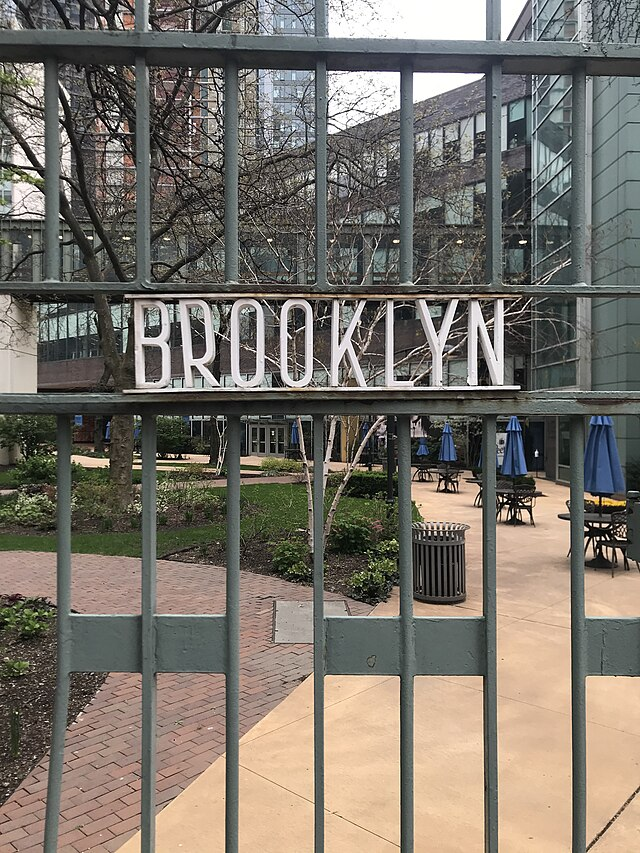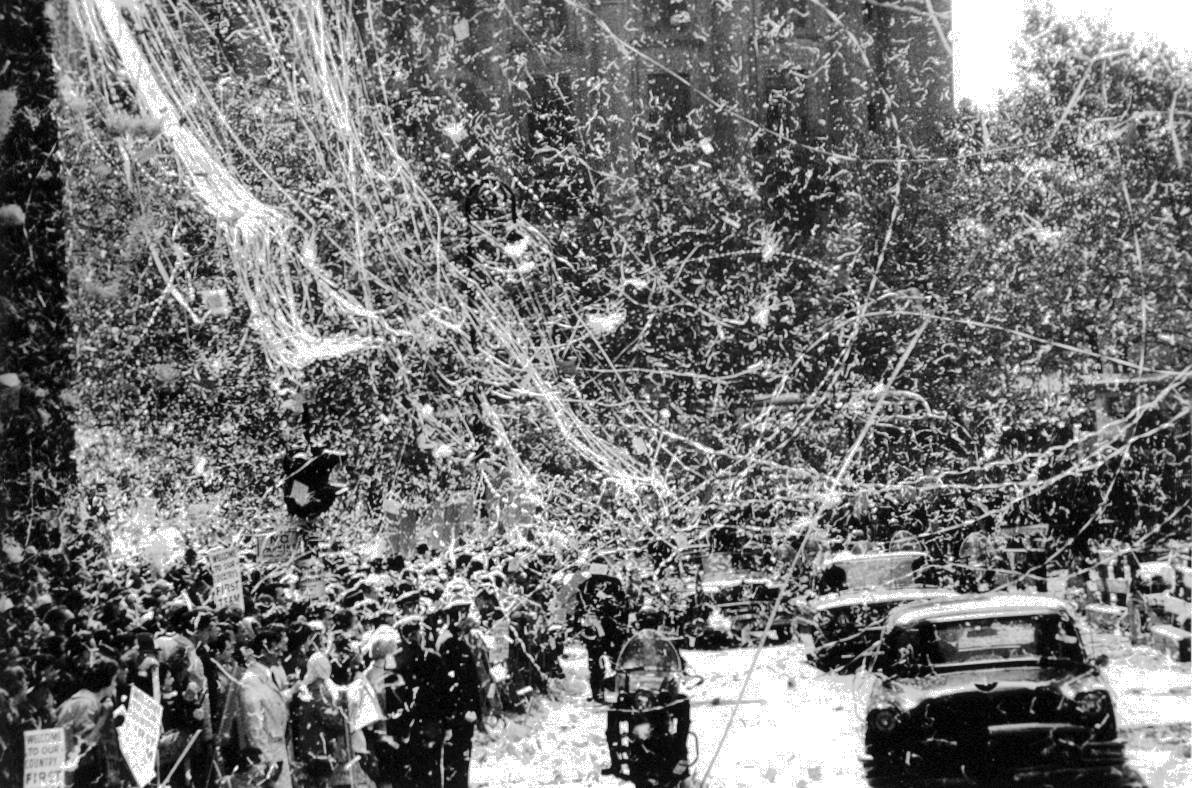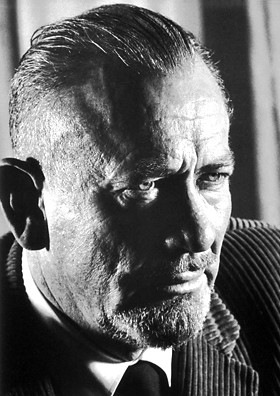In Bed with Gore Vidal: Hustlers, Hollywood, and the
Private World of an American Master
296 pages
Riverdale Avenue Books
Thanks to the Simpsons, Gore Vidal is one of the first
public figures I ever knew was gay. In
one episode, Lisa and marge have this exchange:
Marge: Well, did you call one of your friends?
Lisa: Hah! These are my only friends: grown up nerds like
Gore Vidal, and even he's kissed more boys than I ever will.
Marge: Girls, Lisa. Boys kiss girls.
Fans of
the show know that John Waters played a gay character who befriended Homer,
while Jay Sherman spilled the sexual orientation beans about Harvey Fierstein in
another episode. But the reference to Gore Vidal stood out more to me. Strange
how such a remark can make an impact. Perhaps because Lisa’s comment touched on
a physical aspect of male same-sex relations, or maybe it was the shot of
Gore’s yellow cartoon face on one of his books, looking masculine, marvelous,
and tough. The show’s use of Gore Vidal brought home two points to my young
mind. Of course, I knew gay men existed but seeing Vidal meant that gay men
could be famous authors and that his gray hair meant they had been around long
before I was born.
However,
reading Tim Teeman’s
book one wonders if Gore Vidal actually did kiss that many boys. In Teeman’s
portrait, it seems Gore would have preferred mouths to be used for other
functions, and that they do so quickly. Through this exhaustive and thorough
sexual biography, we learn that Vidal often readily embraced physical intimacy,
but had trouble opening himself up emotionally with anyone, including his
partner of over fifty-plus years, Howard Austen.
Yet,
Gore Vidal would have approved of the way the Simpsons identified him, by the act
of kissing boys rather than by an orientation towards them. One of the
surprising revelations of the biography is that Vidal never identified himself
as gay, despite the general public’s willingness to categorize and accept him
as such. In his view, there were no homosexual people, just homosexual acts. Therefore,
everyone was bisexual, perfectly capable of same-sex and opposite-sex attraction.
This position, widespread before the nineteenth century, put him outside the
mainstream of both American society and the Gay community. Unlike a writer such
as Burroughs, Vidal did not even embrace a label such as “queer” and while
rejected attempts to be labeled a “faggot.”
But
there was a downside to this self-declared independence from sexual categories,
which Teeman thoroughly documents. Because Gore refused to identify as a
homosexual, he did not lend his fame to the cause of gay rights. Occasionally
he would donate to certain organization and fought against sexual puritanism in
his essays. But he remained largely absent from the fight, which grew more
noticeable once the AIDS epidemic hit America and claimed the life of one of
his nephews. While Gore was attentive to his family members’ needs in private,
in public he was weary to find a common case with such controversial figures as
Larry Kramer and his ACT UP organization.
There was an emotional cost to this attitude
as well. Despite being out in a physical sense, when it came to his feelings,
Gore was still deeply closeted. Sex for
him was about dominance and superiority (and of course orgasm) more than any
expression of a deeper commitment. While he didn’t care if people knew he had
sex with men, he took great pains to let everyone know he was the one doing the
fucking. Gore was always a top, never a bottom, and stressed this. As a result, he missed out on the potential
for genuine emotional intimacy and this affected his relationship with Howard
Austen, who the book depicts as a long suffering companion, a victim of Gore’s withholding.
They were partners but had a largely sexless relationship during that time. As
the book explains, Gore felt that he could live together with a friend but not
a lover, only to realize how dear Austen was to him before it was too late. In
heartbreaking detail, Teeman relates how Vidal broke down at his partner’s
death in 2003 and subsequently never recovered from the loss.
One
aspect of Gore’s sexuality the biography investigates is his assertions of
bisexuality. He did not claim it as an identity or orientation, but rather a
description of his sexual life. It only made since to describe himself as such,
since he did not identify as either gay or straight and wanted people to
believe he was perfectly open to sex with men and women. Yet nothing in Teeman’s
research suggests he was as flexible as he claims. While there may have been a
sexual encounter or two with women early on in his life, after the publication
of his novel The City and the Pillar, Gore seems to have only had same-sex
relationships. Despite ample opportunity to sleep with women, including several
Hollywood starlets, Vidal instead sought after the company of men, particularly
male hustlers in Italy, whose willingness to sleep with him for money while
dating women only further reinforced his views about the inherent bisexuality
of all people.
Of
course, one cannot blame Gore for the position he took. As those who are
interviewed in the biography stress, he was a product of his time and his
class. Homosexuality was illegal when he was born and gays were viewed as
weaklings in every sense of the word. Gore came from an aristocratic background
and was expected to take a leading role in the country’s politics as his
grandfather, a senator from Oklahoma, had done. However, Gore’s sexuality stood
in the way. There were other factors as well, but he would bitterly claim to the
end of his days he would have become president if it was not for the issue of
who he slept with. It makes sense he would try to downplay any notion of
orientation and was in full control of who he was attracted to. But his extensive
experience with prostitution and his penchant for Latin male pornography reveal
otherwise.
Much of
his reaction to the sexual politics of his era can also be traced to Jimmy
Trimble. Jimmy was a classmate who Gore claimed
was the love of his life to the very end. According to Gore, the two of them
fooled around physically and shared a deep bond which was shattered when Jimmy
was killed in World War II, an event which probably shaped his anti-Imperialist
stance as much as his sexuality. The first part of the biography delves into
the mystique of their relationship and contrasts Gore’s claims of intimacy with
denials from Trimble’s family. Gore’s continuing attachment to Jimmy is no mere
speculation. He was always willing to talk about his attraction to him and how he could never love anyone else.
Unfortunately, he did so around Howard, who was both pained and annoyed by the
mention of the young man’s name. He
would make a jerk off motion behind Gore’s head whenever his partner brought it
up and often brought Gore’s discussions to an end with a repeated refrain “Oh
Gore, basta basta with the Jimmie Trimble!”
While
depicting Gore’s struggles in a sympathetic light, Teeman’s book does not shy
away from the dark side of his character and the cost his emotional denial took
on him. Vidal extrapolated his own desire to be sexually flexible and saw bisexual
and homosexual romances behind every relationship between two men in literature
and history. At the same time, Vidal internalized certain aspects of
homophobia. His family hatred against a certain kind of effeminate gay man made
him enemies with anyone who embodied those traits, such as Truman Capote.
Thetwo famously feuded on and off for close to thirty years. Besides these mental gymnastics, projections,
and compartmentalizing, there were also years of heavy drinking and a mounting
paranoia which led Gore to reverse his will at the end of his life. Convinced his
family was out to get him, he revised the terms so Harvard University, which he
never attended, would get the bulk of his estate.
There is
also the issue of how old Gore’s sexual partners were. While it is certain he
enjoyed encounters with males in their late teens, there were rumors he slept
with adolescents who were much younger. Gore was particularly worried that his arch
nemesis William F. Buckley had information related to these encounters.
However, Teeman can only guess about what he knew, since Christopher Buckley found
his father’s file on Gore after his death and promptly threw it away without
giving the content inside even so much as a curious glance. Complicating the picture
was Gore’s early involvement with a fundraiser for an organization , part of which
evolved to become NAMBLA. Gore defended his presence there years later by
pointing out that he was unaware of what the group would become and that at the
time he was giving money to help a cause devoted to liberalizing laws between
teenagers and older men, though not children. Others claim the meeting was directly
responsible for founding the group, despite what Gore contested.
This back and forth between the sources
and Gore Vidal himself is one of the more frustrating aspects of the book. Since the subject is the sex life of Vidal, a lot
of outrageous claims can be made because the acts occurred in private. Some of
the most notorious statements do not involve Gore at all, but rather allegedly
gay actors in 1950s Hollywood. They come from Scotty Bowers, who wrote about
his time supplying closeted stars young men and women in his memoir Full
Service. Unfortunately the veracity of his claims is often suspect and he has a
history of retracting them. Gore Vidal
approved of his writing, but I doubt Katherine Hepburn, Tyrone Power, and
Charles Laughton would.
Besides
the issue of contradicting sources, the book can be confusing at times, since there
are dozens of characters who come and go through the text and one forgets their
relationship to Gore, particularly those in his family. His mother remarried and through this union,
he gains a set of half and step-siblings. A glossary of names might have been
helpful. In addition, the chronology of the biography becomes warped in several
sections since Teeman tried to order the book thematically. A great deal of context is lost this way. However, In Bed with Gore Vidal remains a
fascinating read, in no small part because of the complex personality at the
center of it, a man who had wealth and fame, and yet was never satisfied in his
private life.
















.png)


